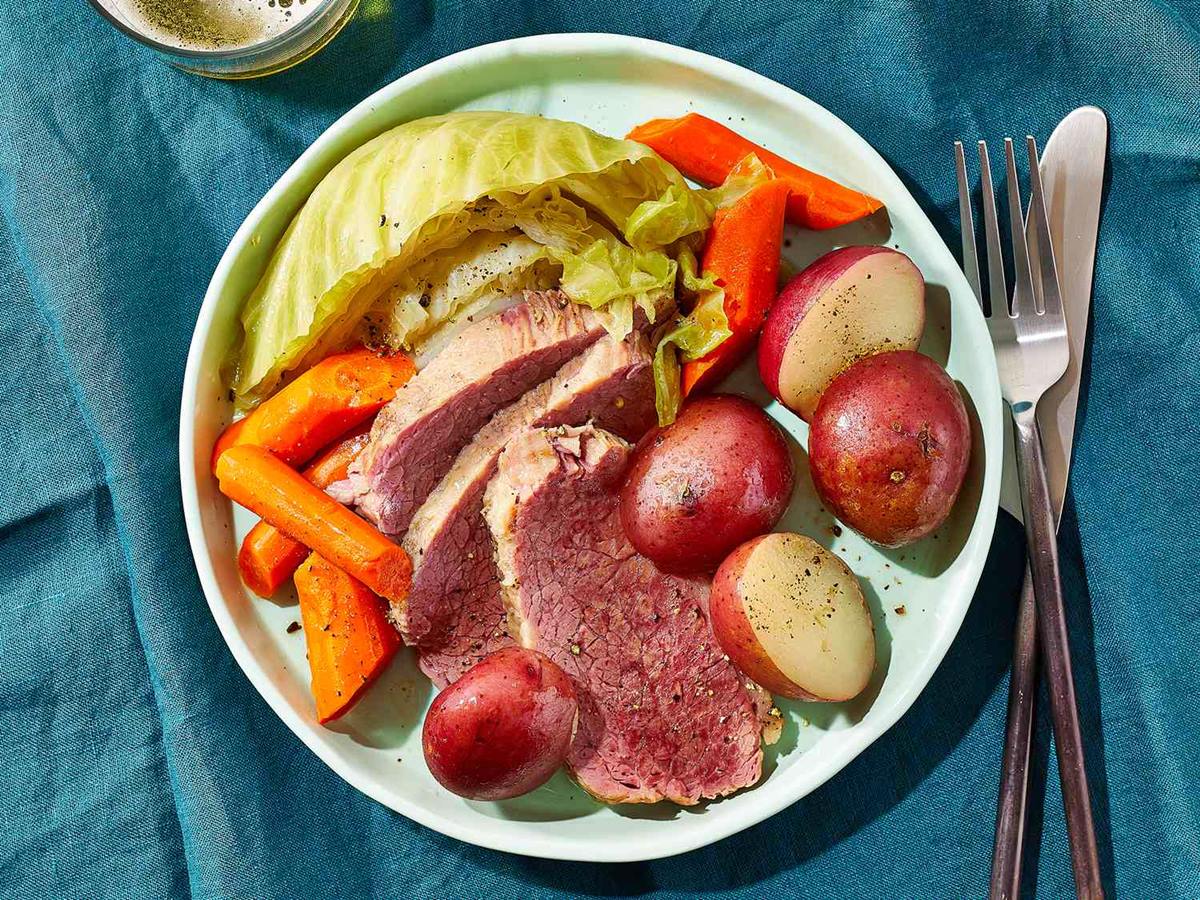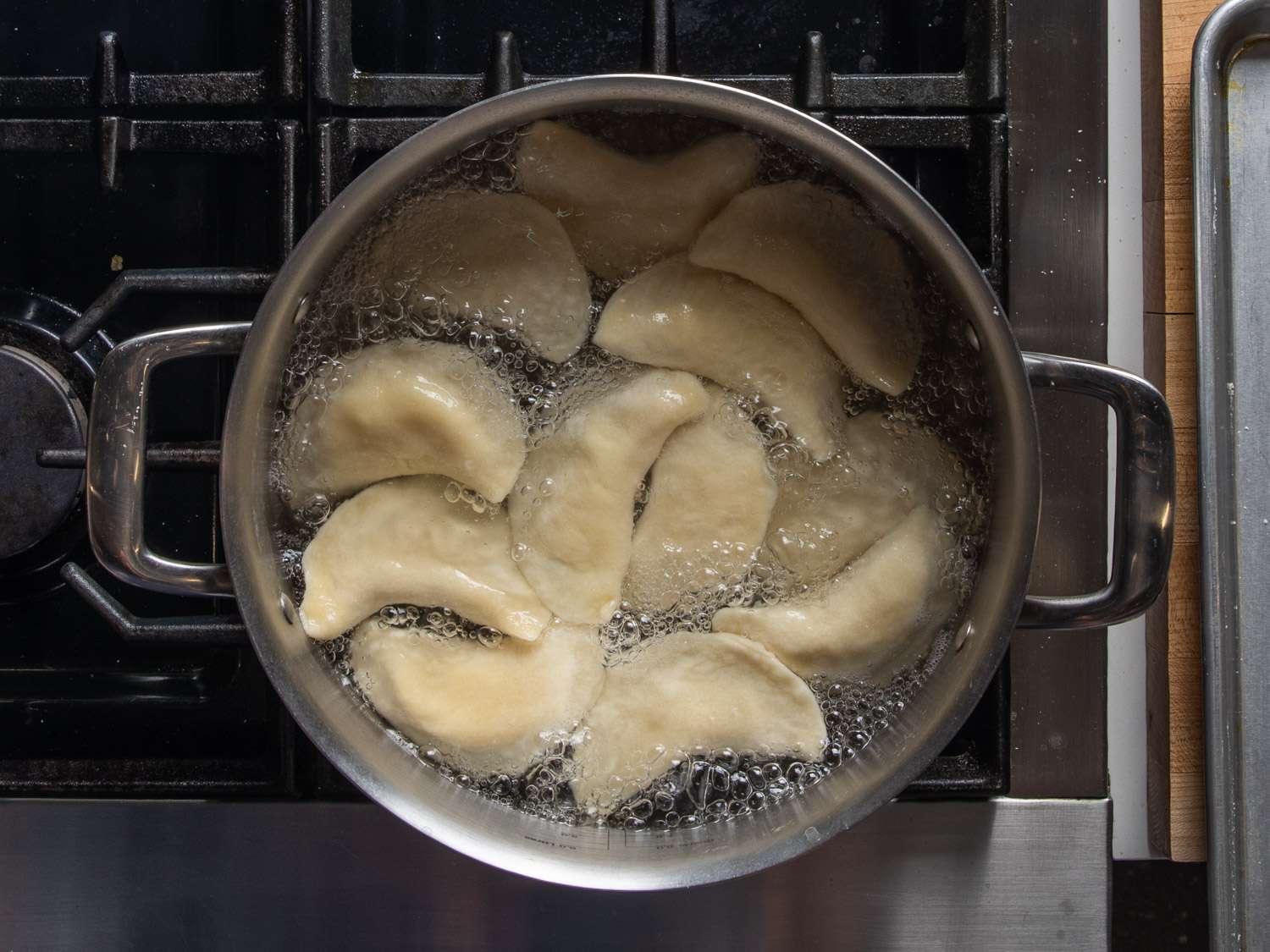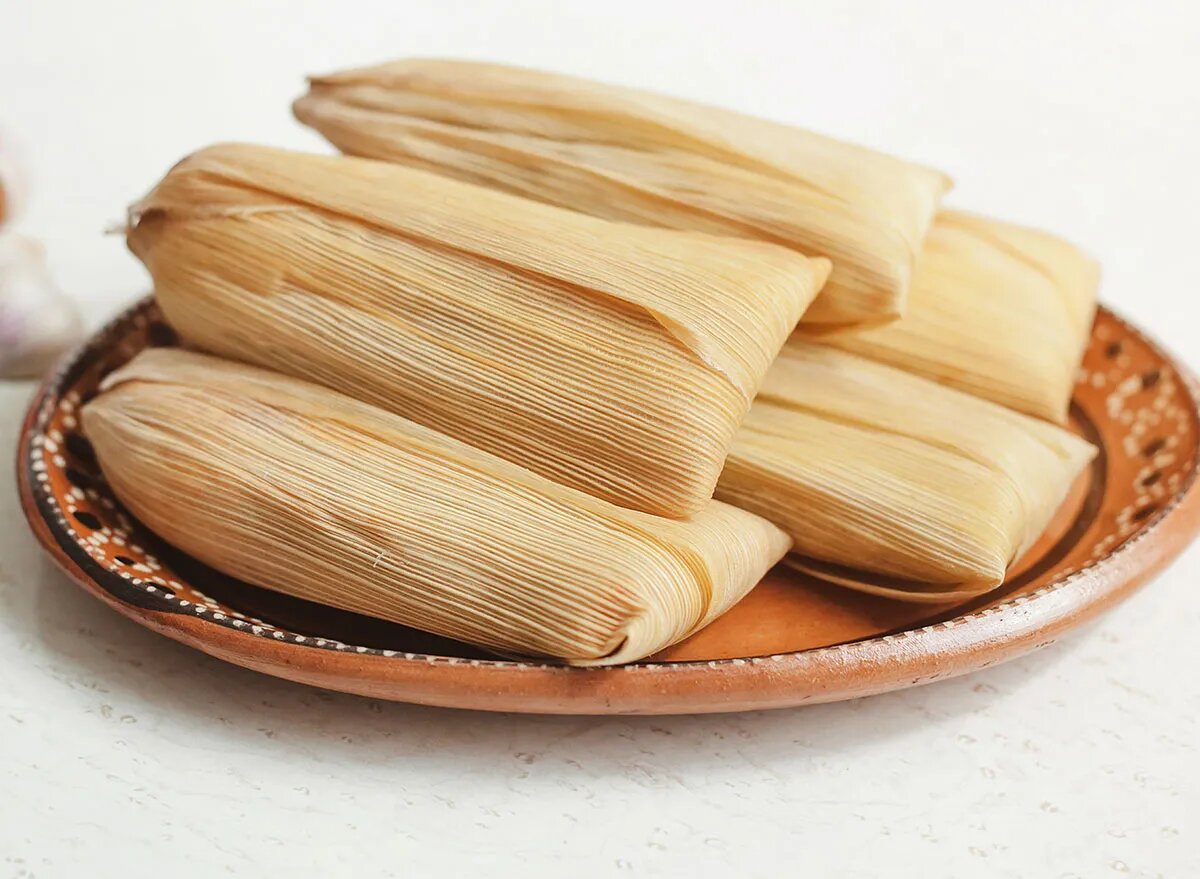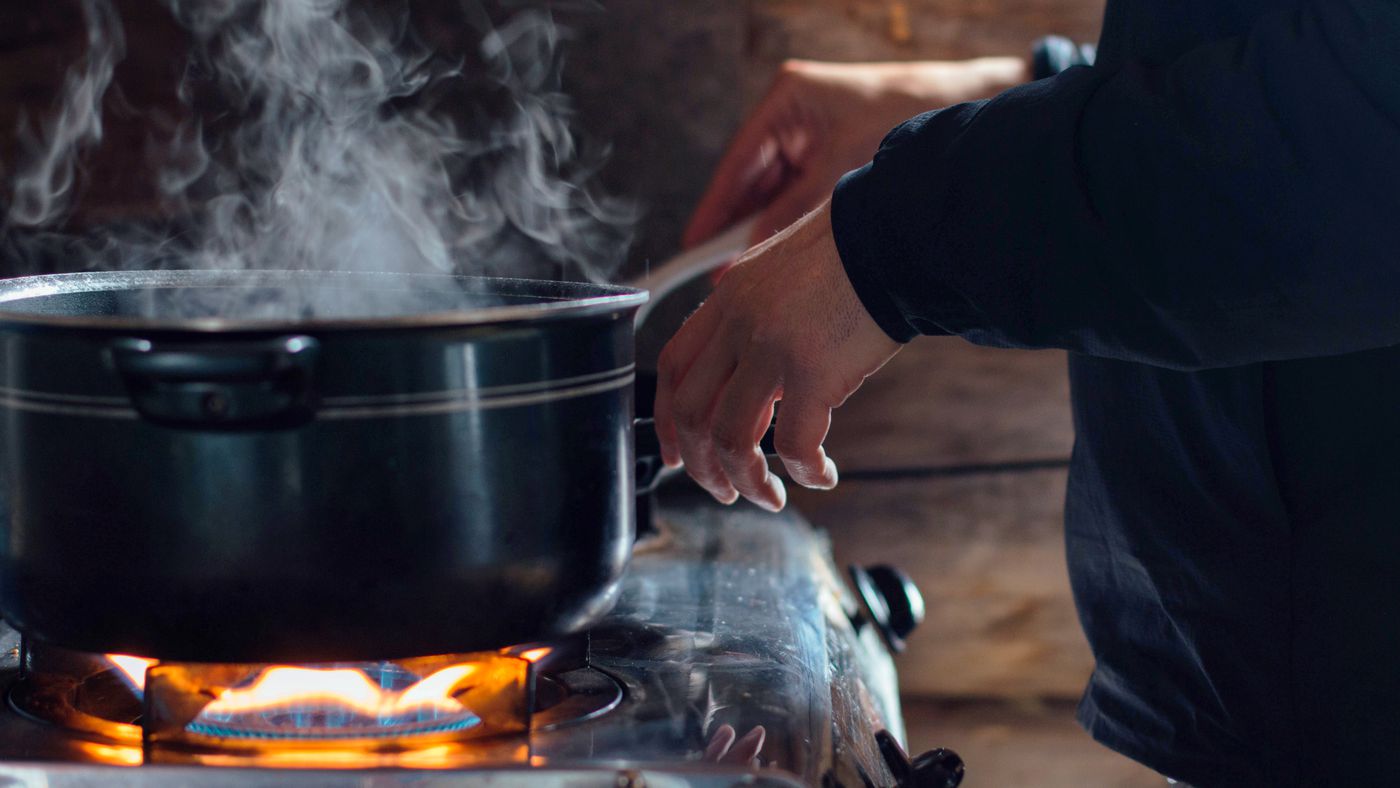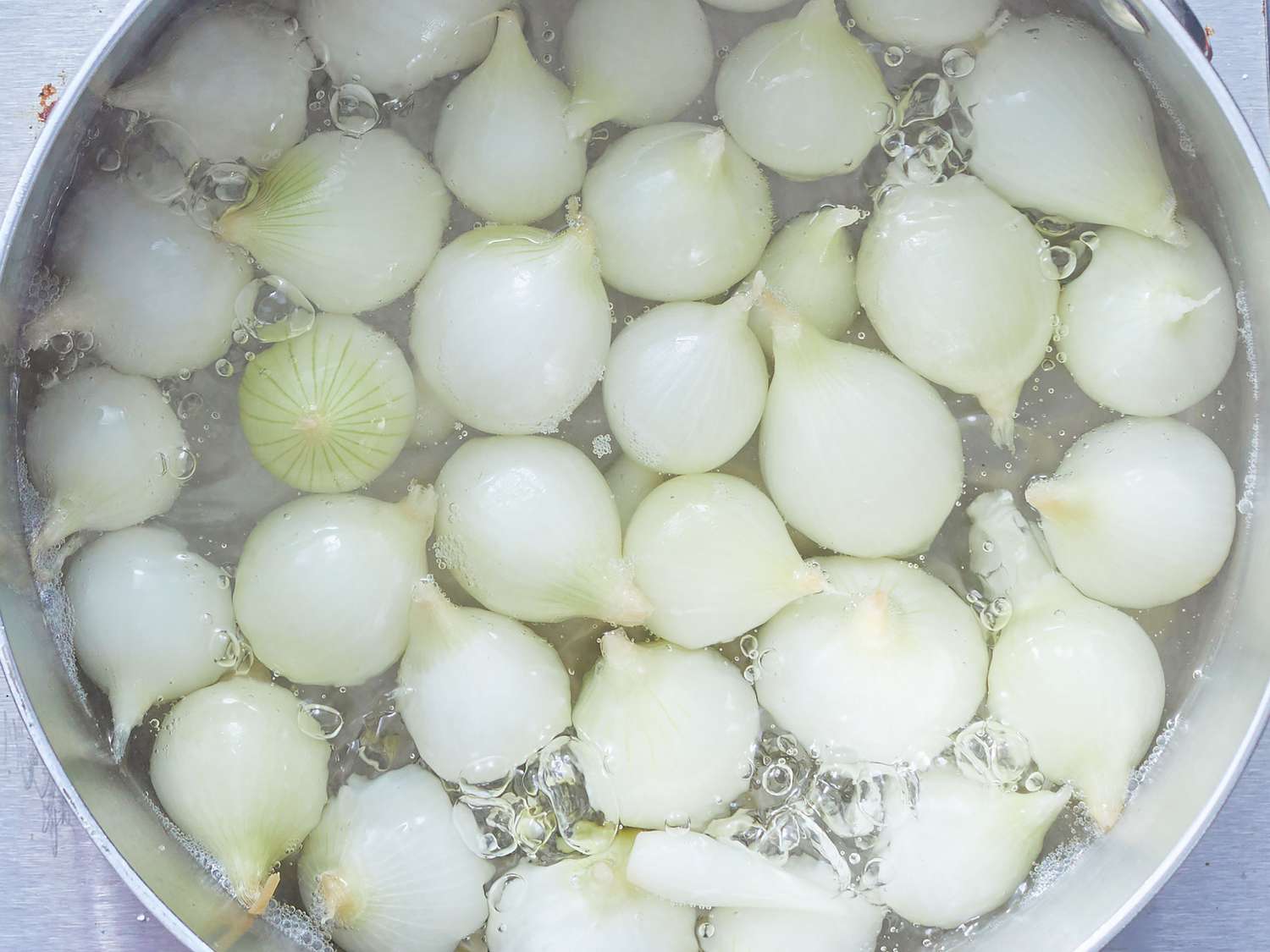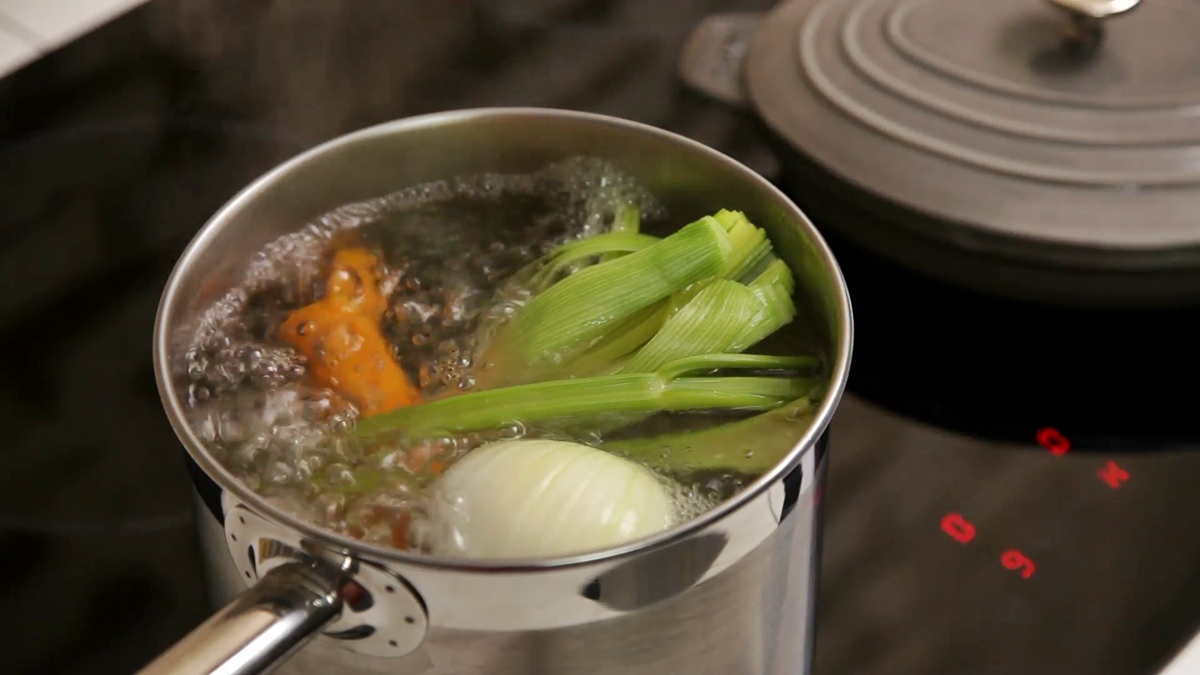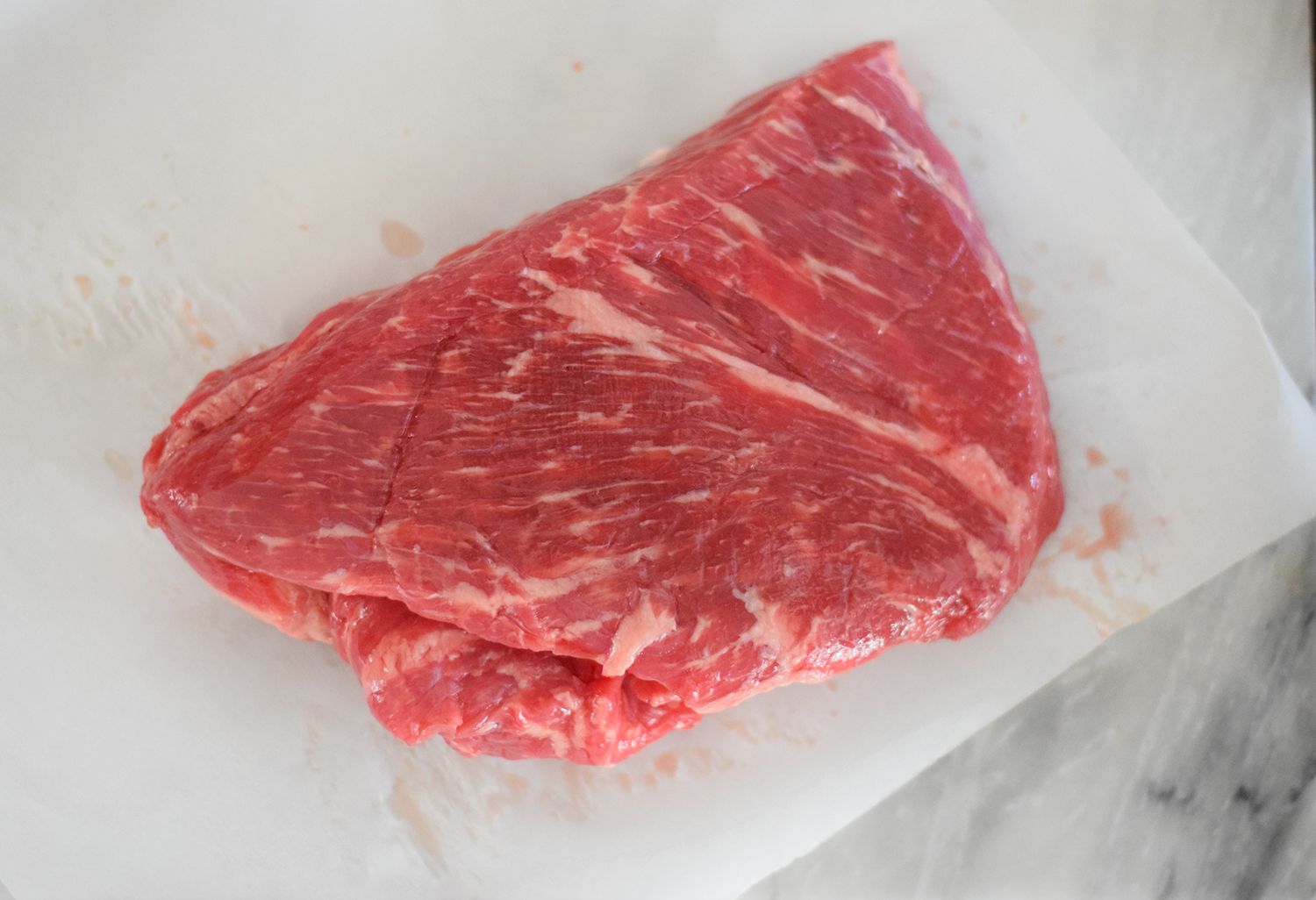How To Boil Eggs At High Altitude
Boiling eggs may seem like a simple task, but it becomes a bit more challenging when you find yourself at high altitude. The lower air pressure affects the boiling point of water, making it slightly lower than at sea level. But fear not, with a few adjustments, you can still achieve perfectly boiled eggs even in higher altitudes. Here are some tips to help you master the art of boiling eggs at high altitude:
1. Start with the right equipment
Before you begin boiling your eggs, make sure you have a reliable pot with a tight-fitting lid. A heavy-bottomed pot will provide more even heat distribution, ensuring your eggs cook evenly.
2. Choose the freshest eggs
Fresh eggs tend to have firmer whites, making them easier to handle during cooking. When boiling eggs at high altitudes, it’s important to start with the best quality eggs to ensure success.
3. Adjust your cooking time
The lower boiling point of water at high altitudes means that you’ll need to increase the cooking time slightly compared to sea level. As a general rule, add an extra 1-2 minutes to the recommended cooking time to account for the altitude. You may need to experiment to find the perfect cooking time for your specific altitude.
4. Use cold water and a gentle start
When boiling eggs at high altitudes, it’s best to start with cold water. Place your eggs in the pot and add enough cold water to cover them by about an inch. This slow and gentle heating method helps prevent the eggs from cracking as the water heats up.
5. Watch for rapid boiling
Because water boils at a lower temperature at high altitudes, you may notice that it reaches a rolling boil faster than at sea level. Keep an eye on the pot and reduce the heat slightly if the water begins to boil too vigorously. Maintaining a steady simmer is key for perfectly boiled eggs.
6. Adjust for personal preference
Everyone has their own preference when it comes to boiled eggs. If you like your eggs a little softer or harder, you can adjust the cooking time accordingly. Remember to factor in the extra minutes needed for high altitude cooking.
In conclusion
Boiling eggs at high altitude may require a bit of trial and error to find the perfect cooking time. By following these tips and being patient, you’ll be able to enjoy delicious boiled eggs, whether you’re in the mountains or high up in the sky. So go ahead, put these tips to the test and savor your perfectly boiled eggs at any altitude!
Was this page helpful?
Read Next: How To Boil Egg Noodles

